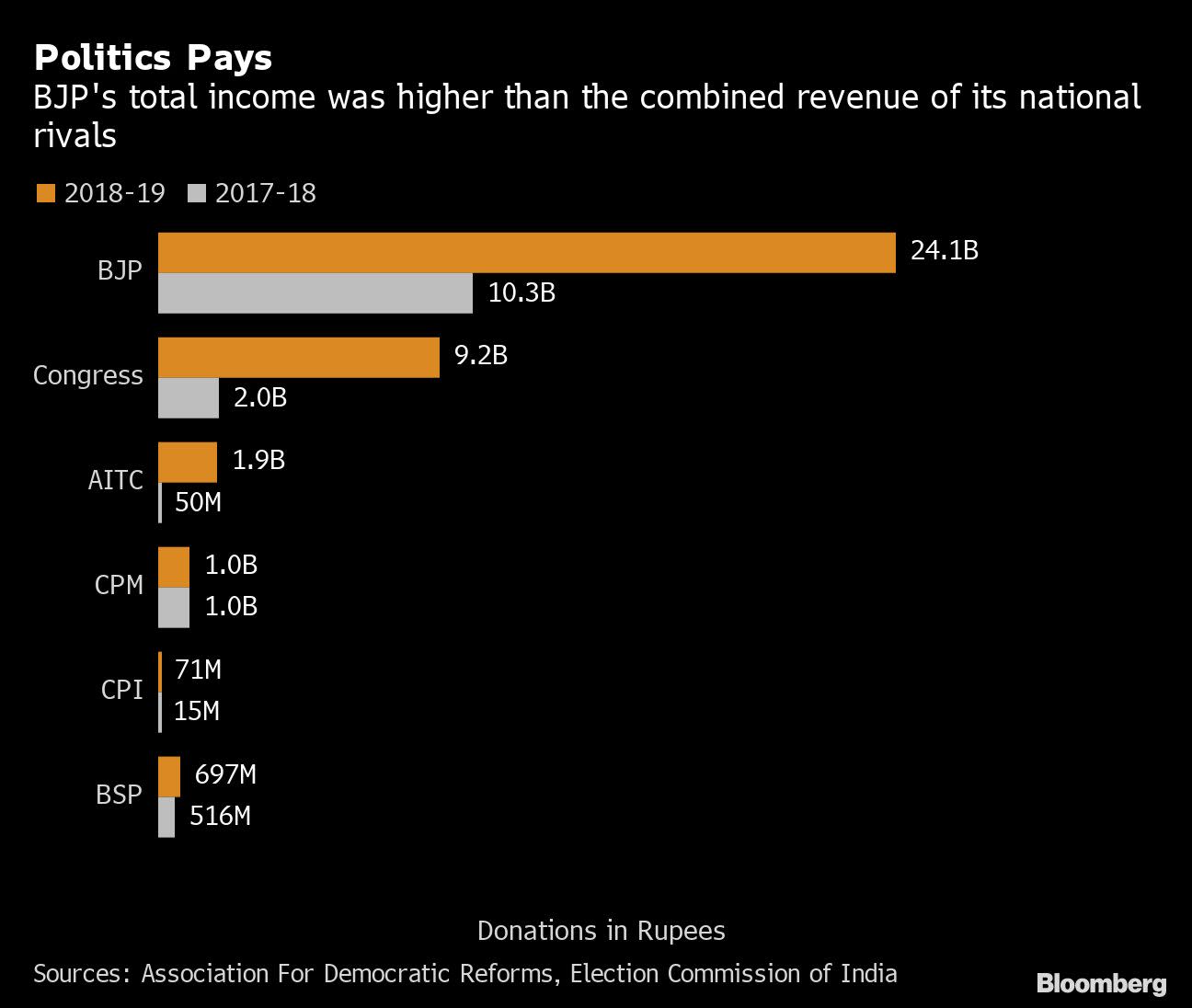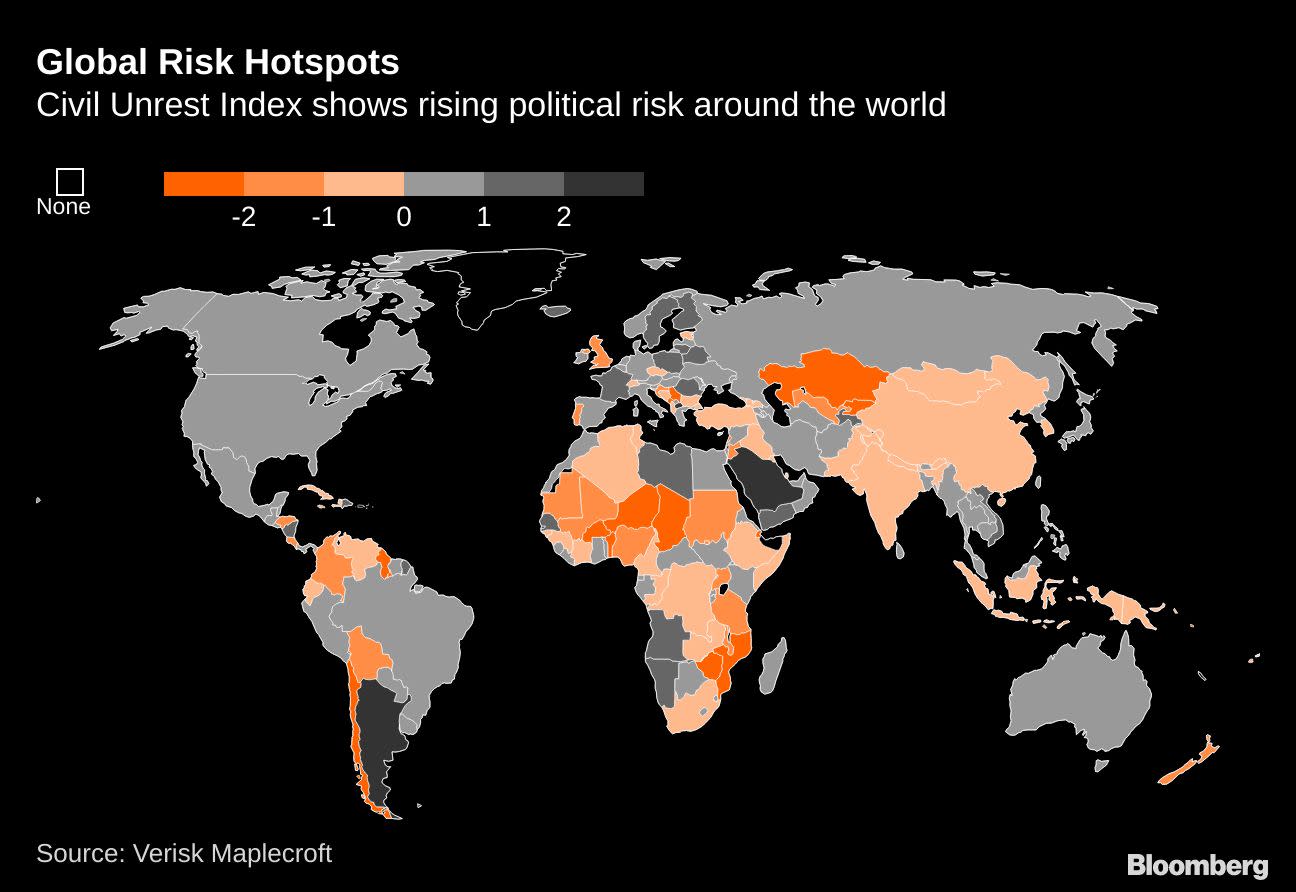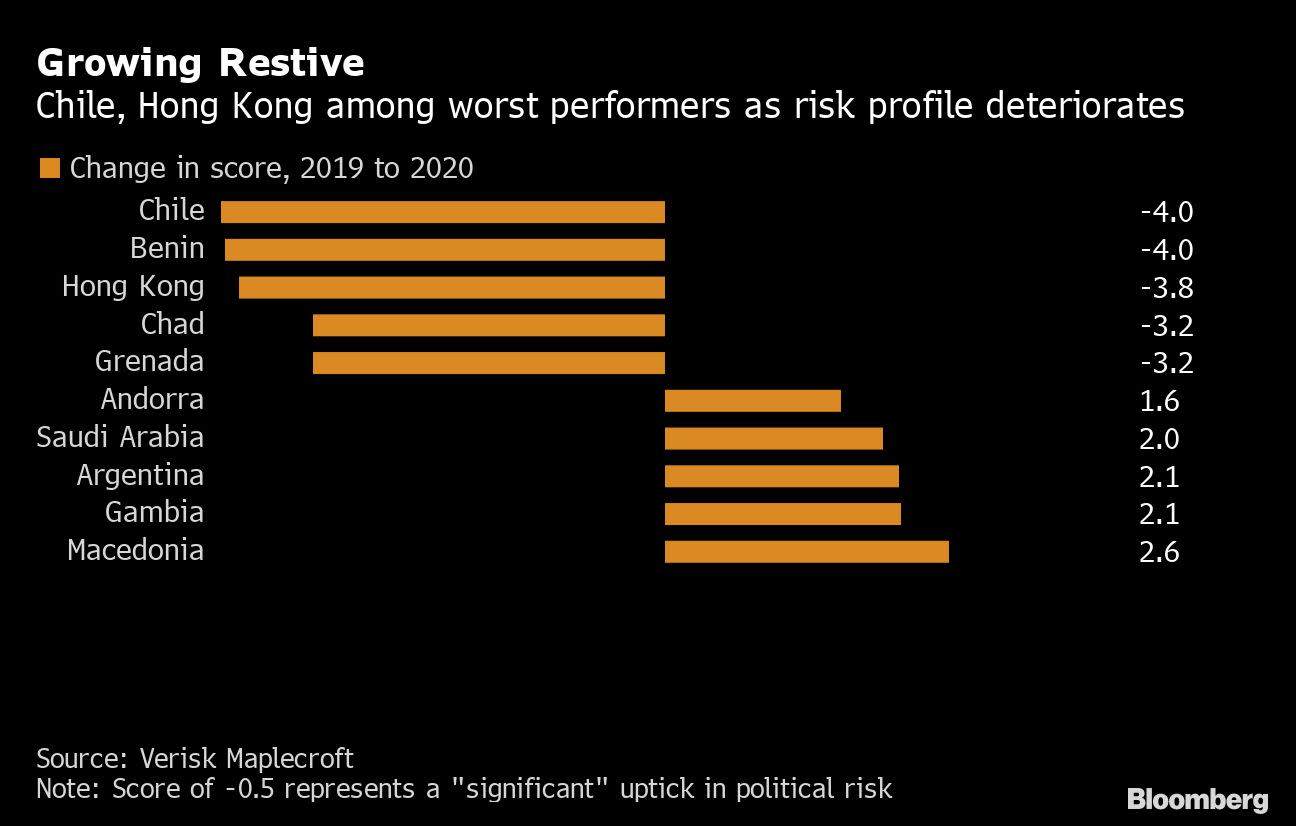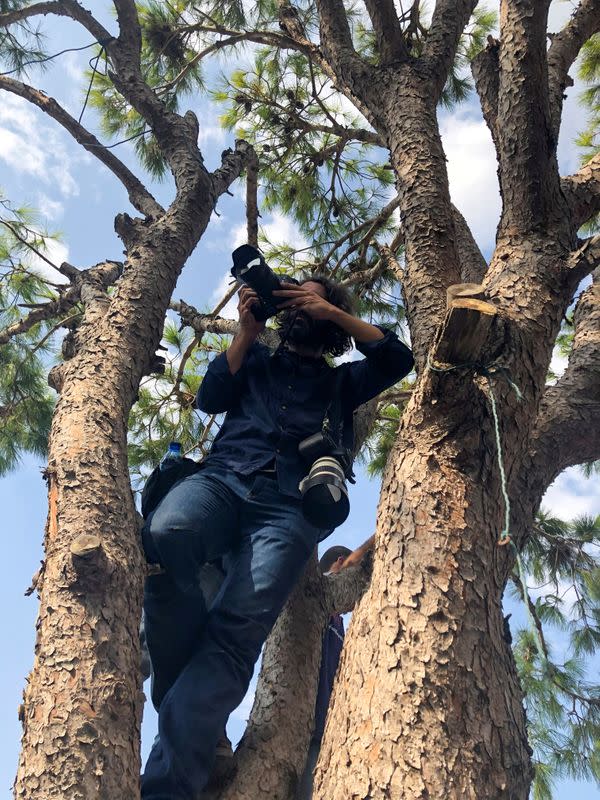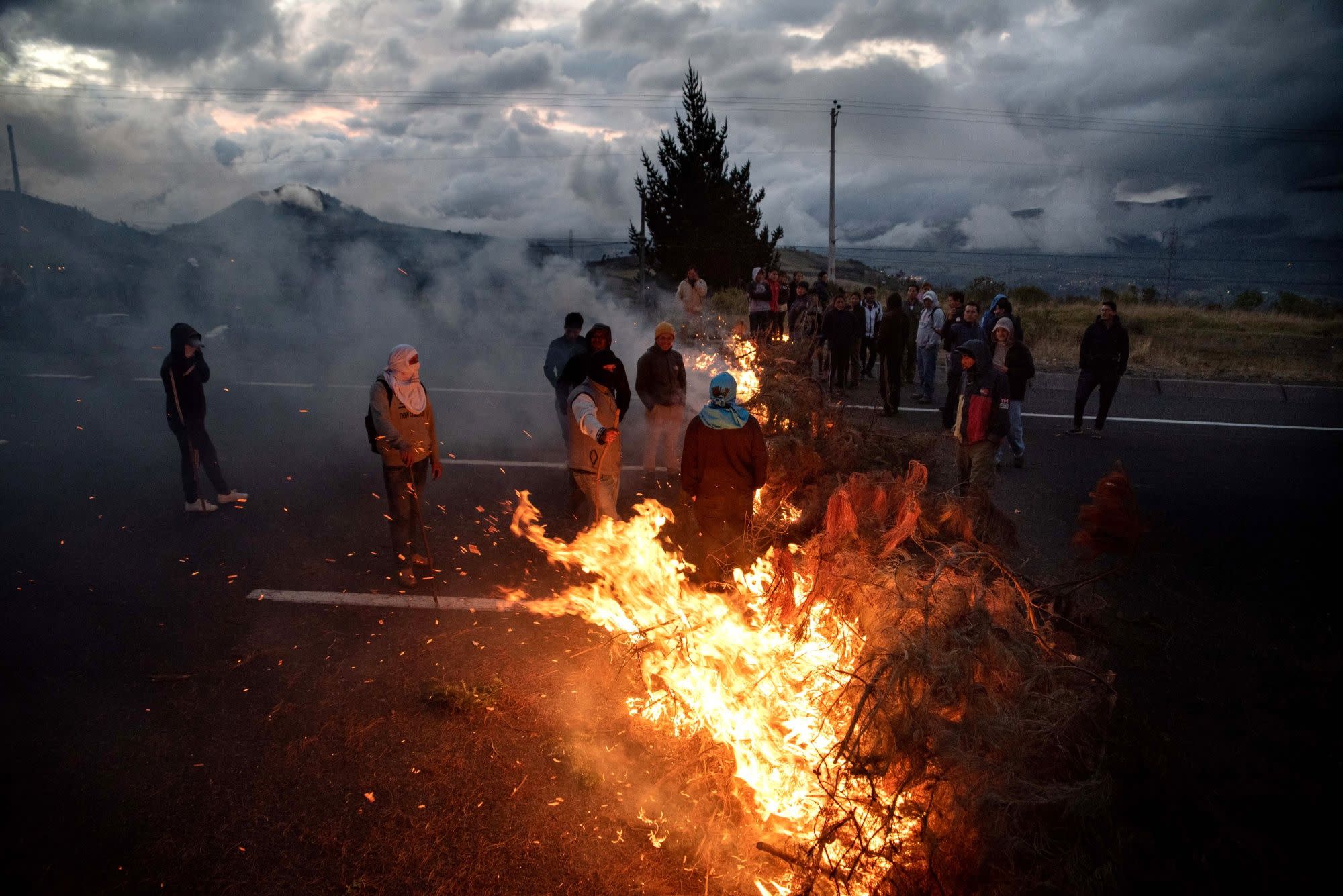Apple shared customer data with US government in a record-high 90% of cases, even as Trump administration complains it's not doing enough
TALES OF THE SECURITY STATE;
A P3 BY ANY OTHER NAME
A P3 BY ANY OTHER NAME
tsonnemaker@businessinsider.com (Tyler Sonnemaker), Business Insider•January 17, 2020

Donald Trump Tim Cook AP
Apple announced in a report Friday that it received a record-high 3,619 requests from the US government for users' account information in the first half of 2019, up 36% from the previous six-month period.
Apple said it complied with 90% of those requests, which generally asked for customers' iTunes or iCloud account details and occasionally their iCloud data.
Apple's report comes amid its battle with the US government over privacy, which was reignited this week after it refused an FBI request to unlock a mass shooter's iPhones.
The report paints a stark contrast to the government's efforts to paint Apple as unhelpful in assisting law enforcement's' investigations.
BIG DATA IS BIG BROTHER
Apple released its biannual transparency report on Friday, which included details about the number and type of government and private party requests for customer information that the company received globally.
Apple said it received 3,619 "account requests" from the US government in the first half of 2019, nearly a 36% jump from the six months prior and more than previous periods (the report is available as far back as 2013).
Account requests, sent when law enforcement officials suspect illegal activity, typically seek "details of customers' iTunes or iCloud accounts, such as a name and address" and occasionally, "iCloud content, such as stored photos, email, iOS device backups, contacts or calendars," the company said.
For 90% of those requests, Apple provided the government with at least some information about the account in question, up from 88% during the previous period. Apple also said the requests encompassed more than 15,301 customer accounts, another record high.
The report comes amid a heated standoff between Apple and the Trump administration over privacy and public safety, which was reignited this week after the company refused to help the FBI unlock a mass shooter's iPhones.

BARR IS A BACKDOOR MAN, WANTS TO END ENCRYPTION
Trump's attorney general, William Barr, has repeatedly accused Apple and other tech companies of not doing enough to assist law enforcement in investigations. Specifically, Barr has expressed frustration with Apple's unwillingness to create a "backdoor" that would allow officials to access encrypted information stored on customers' devices.
However, Apple's transparency report suggests that, overall, it has been overwhelmingly responsive to government requests for information. In this latest case, even some FBI officials have reportedly taken Apple's side, saying that Apple has provided "ample assistance."
Apple has defended its use of encryption, saying in a statement to Business Insider: "Law enforcement has access to more data than ever before in history, so Americans do not have to choose between weakening encryption and solving investigations. We feel strongly encryption is vital to protecting our country and our users' data."
The debate between Apple and the government has renewed concerns among privacy advocates that creating backdoors would undermine public safety, while security experts argue that the government already has the ability to access encrypted devices without Apple's help.
Read the original article on Business Insider
Apple announced in a report Friday that it received a record-high 3,619 requests from the US government for users' account information in the first half of 2019, up 36% from the previous six-month period.
Apple said it complied with 90% of those requests, which generally asked for customers' iTunes or iCloud account details and occasionally their iCloud data.
Apple's report comes amid its battle with the US government over privacy, which was reignited this week after it refused an FBI request to unlock a mass shooter's iPhones.
The report paints a stark contrast to the government's efforts to paint Apple as unhelpful in assisting law enforcement's' investigations.
BIG DATA IS BIG BROTHER
Apple released its biannual transparency report on Friday, which included details about the number and type of government and private party requests for customer information that the company received globally.
Apple said it received 3,619 "account requests" from the US government in the first half of 2019, nearly a 36% jump from the six months prior and more than previous periods (the report is available as far back as 2013).
Account requests, sent when law enforcement officials suspect illegal activity, typically seek "details of customers' iTunes or iCloud accounts, such as a name and address" and occasionally, "iCloud content, such as stored photos, email, iOS device backups, contacts or calendars," the company said.
For 90% of those requests, Apple provided the government with at least some information about the account in question, up from 88% during the previous period. Apple also said the requests encompassed more than 15,301 customer accounts, another record high.
The report comes amid a heated standoff between Apple and the Trump administration over privacy and public safety, which was reignited this week after the company refused to help the FBI unlock a mass shooter's iPhones.

BARR IS A BACKDOOR MAN, WANTS TO END ENCRYPTION
Trump's attorney general, William Barr, has repeatedly accused Apple and other tech companies of not doing enough to assist law enforcement in investigations. Specifically, Barr has expressed frustration with Apple's unwillingness to create a "backdoor" that would allow officials to access encrypted information stored on customers' devices.
However, Apple's transparency report suggests that, overall, it has been overwhelmingly responsive to government requests for information. In this latest case, even some FBI officials have reportedly taken Apple's side, saying that Apple has provided "ample assistance."
Apple has defended its use of encryption, saying in a statement to Business Insider: "Law enforcement has access to more data than ever before in history, so Americans do not have to choose between weakening encryption and solving investigations. We feel strongly encryption is vital to protecting our country and our users' data."
The debate between Apple and the government has renewed concerns among privacy advocates that creating backdoors would undermine public safety, while security experts argue that the government already has the ability to access encrypted devices without Apple's help.
Read the original article on Business Insider

